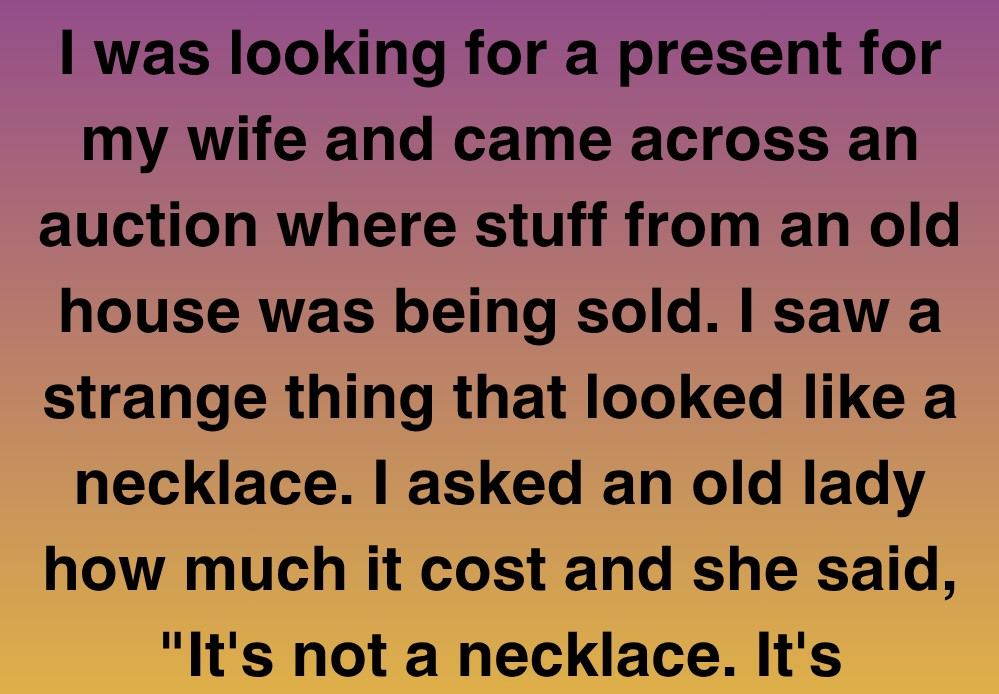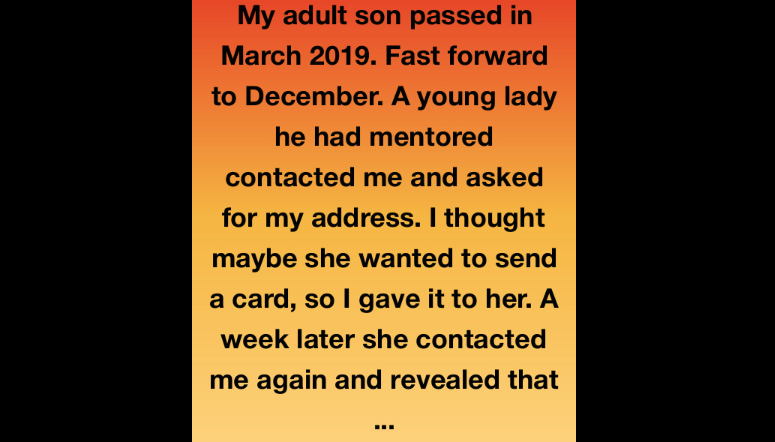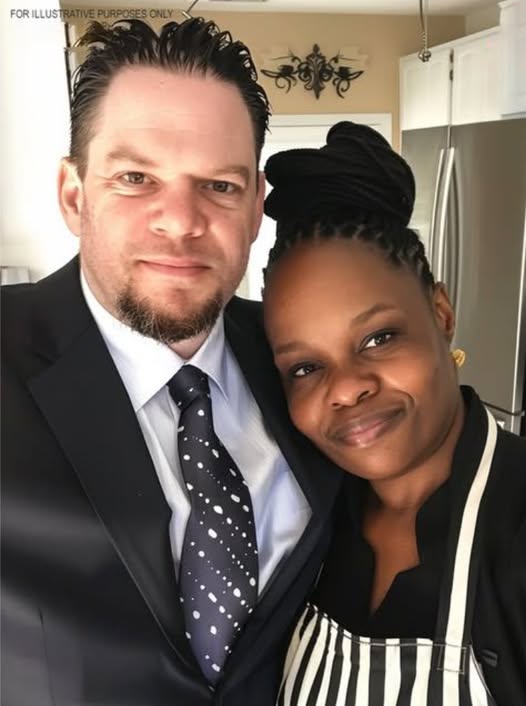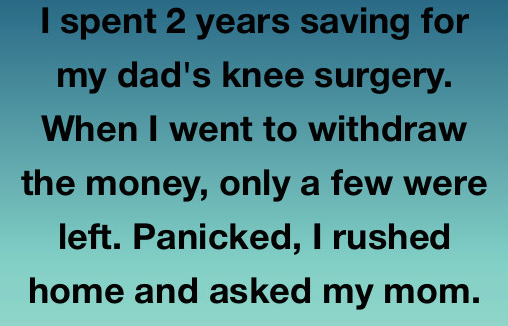While searching for a thoughtful gift for my wife, I stumbled upon an auction selling items from an old estate. Among the treasures, I noticed an unusual item that resembled a necklace. Curious, I approached an elderly woman and inquired about its price. She smiled gently and said,
“It’s not a necklace. It’s a keepsake cord.”
The cord was intricately braided, soft yet durable, adorned with delicate silver charms. One resembled a tiny baby’s rattle, another a miniature spoon. It was the sort of item you wouldn’t purchase for yourself but would cherish too much to ever discard.
The woman shared that it came from a home owned by the same family for four generations, until the last heir passed away months earlier, leaving no descendants. The estate’s contents were now up for auction.
I purchased the cord, drawn to it for reasons I couldn’t quite explain. It wasn’t ornate or costly, nor did it come in a fancy box. Yet, it radiated a comforting warmth, a sense of familiarity. I imagined my wife, Reyna, who treasures sentimental things, might hang it near her dresser or by her art supplies.
When I arrived home and presented it to her, her reaction was unexpected. She froze, her hand trembling as she reached for it.
“Where did you find this?” she asked, her voice taut, almost unrecognizable.
I recounted the auction, the old house, and the woman’s words. Reyna sat, clutching the cord, her fingers tracing the charms.
“I think this was my grandmother’s,” she whispered.
In our twelve years together, I’d heard countless stories of Reyna’s childhood and family, but a grandmother from that area was news to me.
She explained that her mother, Belinda, had severed ties with her family when Reyna was young, due to a bitter dispute over money. Details were scarce, as the topic was rarely discussed. Reyna recalled visiting a large, creaky house with peeling wallpaper and a faint scent of lemon soap. She remembered a woman with long gray braids and gnarled hands, who called her “little lion” and let her stir soup from a stool.
“She had a cord like this by her bed,” Reyna said softly. “I’d play with it before napping.”
That evening, we dove into research, scouring online records about the estate sale and county archives. Our efforts confirmed the house belonged to an Esmé Loubet. Reyna stared at the screen, her voice barely audible.
“That’s her. That’s my grandma.”
Tears followed.
Sleep eluded us that night.
The next morning, Reyna called her mother, Belinda, with whom she hadn’t spoken in months. Skipping pleasantries, she asked, “Did Grandma Esmé pass away?”
A long pause. “How did you hear about that?”
Reyna shared the story—the auction, the cord, the name.
Belinda sighed. “Yes, she passed in May. I didn’t want to trouble you.”
“You didn’t think I’d want to know?” Reyna replied, her tone sharp.
“It’s complicated,” Belinda said. “There were things you wouldn’t understand.”
Reyna pressed, and gradually, her mother opened up.
After their father’s death, Belinda had clashed with her siblings over the will—disputes about inheritance that turned ugly. She walked away, taking Reyna with her, cutting all contact. New city, new number, no family reunions or funerals. A complete break.
But Esmé had tried to stay connected. She sent letters, birthday cards, and once even appeared at Reyna’s school. Reyna vaguely recalled a woman in a long coat near the gates, but Belinda had whisked her away so quickly, she thought it was a dream.
It wasn’t.
The auction woman mentioned Esmé had left a journal, so we contacted the estate office. They informed us it had been sold privately, along with other personal items, with no way to trace the buyer.
Reyna was devastated.
That journal could have held memories, answers, perhaps even letters meant for her.
As hope faded, I noticed something about the cord. One charm resembled a tiny pillbox. I gently pried it open, revealing a folded, yellowed piece of paper.
I handed it to Reyna, whose hands trembled once more. She unfolded it carefully.
It was a note, written in tight cursive:
“My dearest little lion, I hope you find this someday. Even if I’m not there, I am with you. You are made of my love. Always.”
No name, no date—just those heartfelt words.
Reyna broke down, saying it felt like a warm embrace from the universe, one she hadn’t known she needed.
The story didn’t end there.
A week later, a woman named Celina called. She’d seen Reyna’s online post about the keepsake cord and recognized Esmé’s name.
“I think we’re cousins,” she said.
After Esmé’s passing, the family had dispersed her belongings through the auction, but some relatives had quietly stayed in touch. Celina had been searching for Reyna, recalling their childhood playdates.
They met for coffee, and I joined them. The two embraced as if no years had passed.
Then Celina shared a stunning revelation.
“Esmé left something for you in her will,” she said. “A box. But since your mom never shared your whereabouts, it’s been stored with my aunt.”
That weekend, we drove two hours to retrieve it.
It was a small, hand-carved wooden box with a lion etched on the lid. Inside were keepsakes—photos, dried flowers, ticket stubs, a locket with Reyna’s baby picture, and another letter.
This letter was longer. Esmé wrote of her regrets, how she never wanted the family to fracture, and her pride in Reyna, even from a distance. She hoped they’d reconnect one day.
“She never stopped loving me,” Reyna said, tears streaming down her face.
She wrote a response—not to Esmé, but to the woman who penned those letters years ago. It was a healing act, like mending a wound that had grown over time.
Then came another surprise.
Celina mentioned the auction again, noting that someone had purchased several of Esmé’s valuable items, including a hand-painted map she cherished.
“It had secrets,” Celina said.
We contacted the auctioneer and, after some effort, reached the buyer, a local collector named Marcus.
He agreed to meet.
The map wasn’t of a city but of Esmé’s property, with a corner marked by her initials and a date.
Reyna recognized the spot instantly—the backyard garden where she’d helped her grandmother plant daisies.
We visited the property, now owned by new residents who kindly allowed us to explore.
Reyna found it beneath a flat stone near the fence—a rusted but sealed tin box. Inside were more letters, old photos, lion-shaped earrings, and a deed.
The deed was for a modest piece of land an hour north, titled in Reyna’s name.
“Something to call your own,” the accompanying note read. “In case life ever takes more than it gives.”
We stood in stunned silence.
Esmé’s love for Reyna had endured, ensuring she was cared for even after her passing.
Reyna transformed that land into a small artist’s retreat—a simple cabin surrounded by wildflowers, with a deck overlooking the view.
She visits to paint, to reflect, to feel close to her grandmother.
Sometimes, she crafts braided cords like Esmé’s, adding charms from her own life, and gives them to those who feel adrift.
“Here,” she says. “Something to hold close, in case the past finds you again.”
Had I chosen a generic necklace from a store, this journey wouldn’t have unfolded.
Fate has a curious way of guiding us back to where we belong.
The most meaningful gifts aren’t always new or extravagant—they’re often quiet, timeworn, and steeped in memory.
Thank you for reading. If this story resonated with you, consider sharing it with someone who might appreciate a reminder that love endures. 💛
Feel free to like or comment if you’ve ever felt a loved one’s presence, even from a distance.




